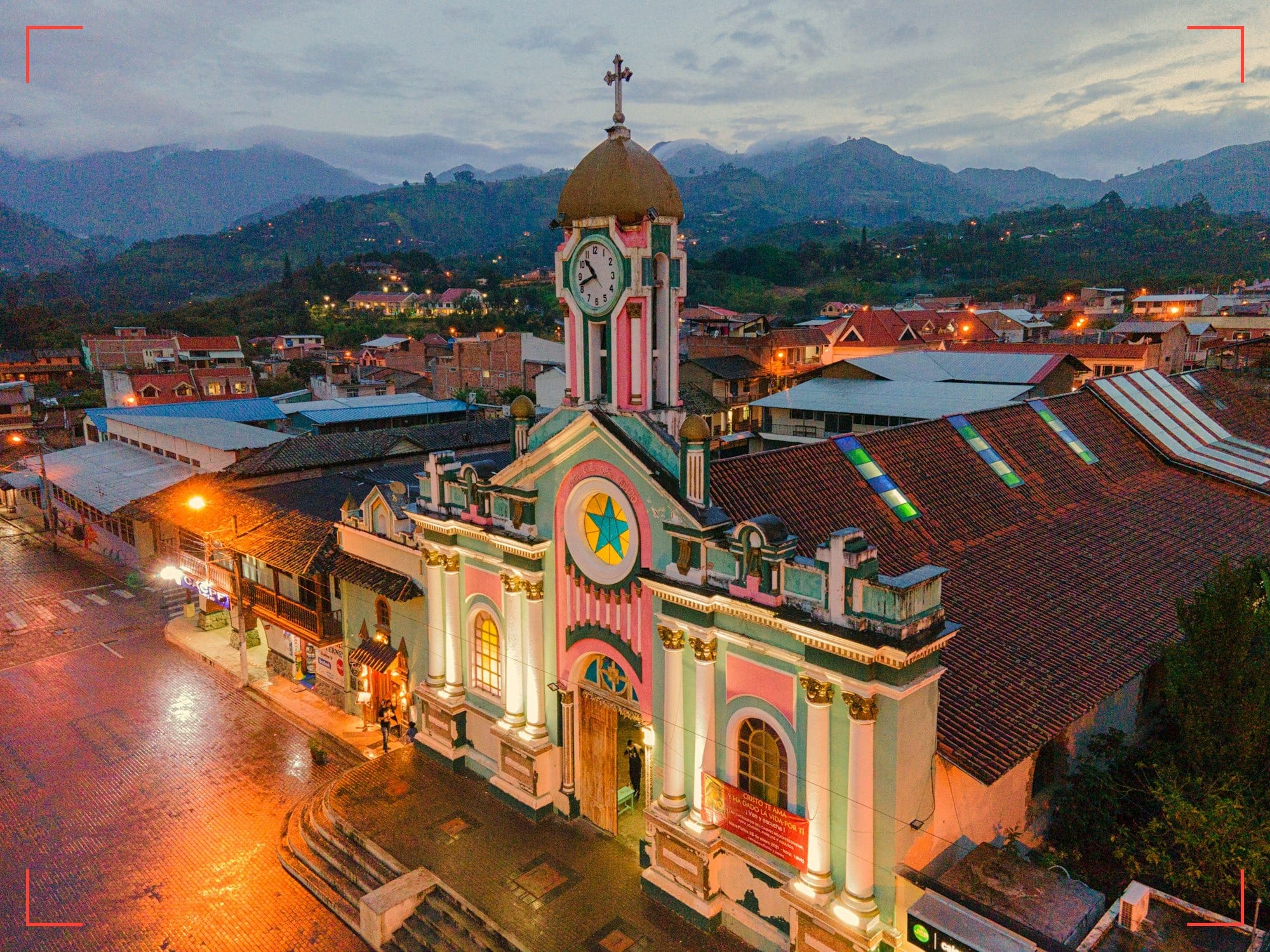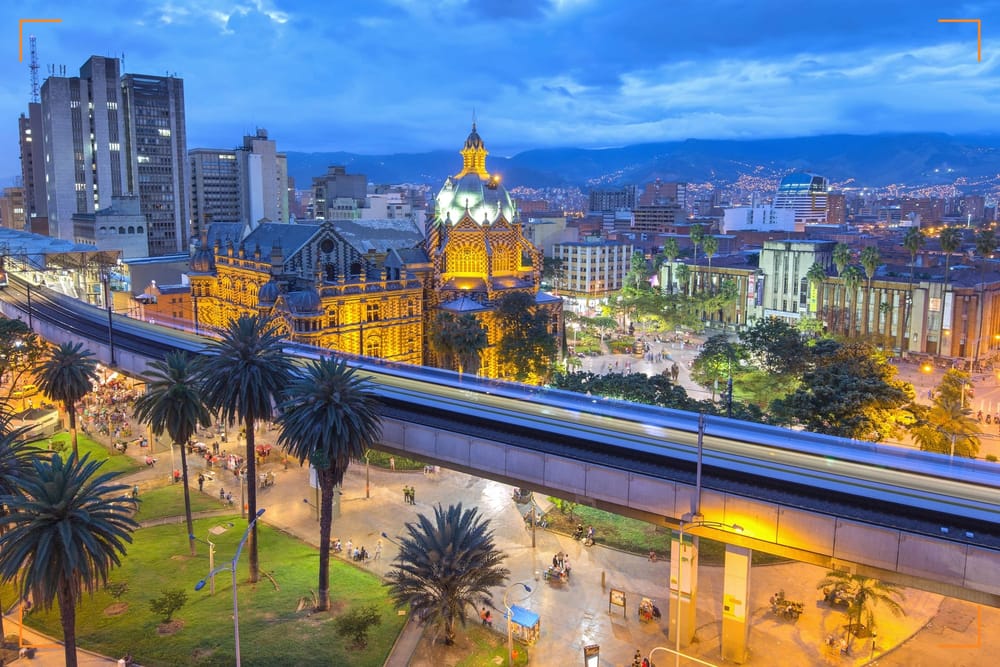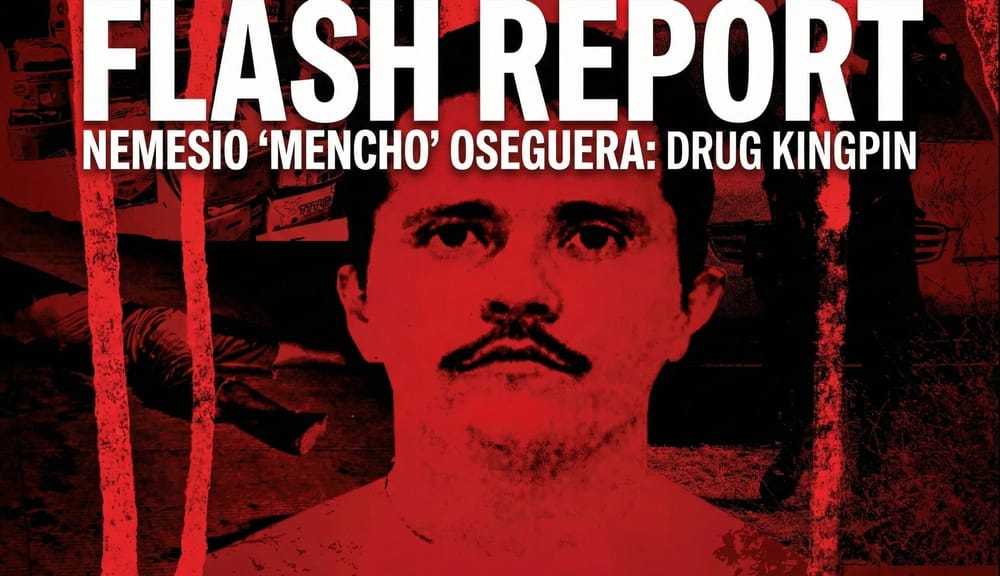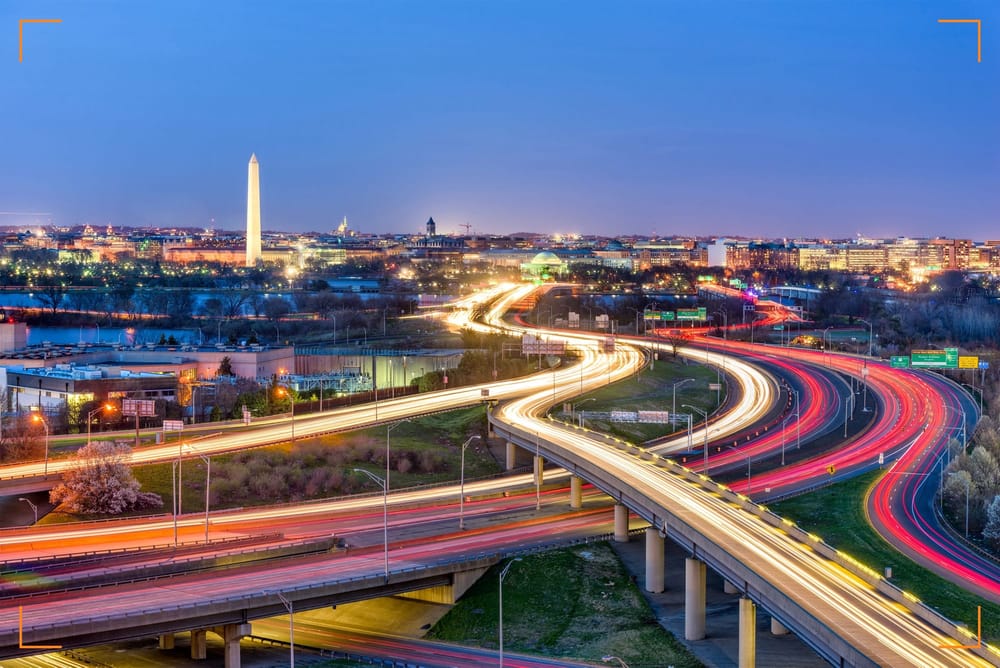Ecuador SpecialREPORT APR 2025
Ecuador’s Pivotal Moment: Democracy, Crime, and Geopolitical Significance

Report Details
Initial Publish Date
Last Updated: 08 APR 2025
Report Focus Location: Ecuador
Authors: DA
Contributors: GSAT
GSAT Lead: MF
RileySENTINEL provides timely intelligence and in-depth analysis for complex environments. Our global team blends international reach with local expertise, offering unique insights to navigate challenging operations. For custom insights or urgent consultations, contact us here.
Key Points
- Ecuador is experiencing an unprecedented security crisis, becoming one of the most violent countries in Latin America, with over 1,300 homicides recorded in the first 50 days of 2025.
- Organized crime, fueled by cocaine trafficking routes to the U.S., Europe, and Asia, has embedded itself in Ecuador’s economy and institutions, particularly through alliances between local gangs and transnational cartels.
- Key port cities like Guayaquil have emerged as global narcotics hubs, with sophisticated smuggling networks supported by corrupt officials and paramilitary protection.
- Territorial disputes along the Amazon border with Colombia, involving groups like Los Choneros and Comandos de la Frontera, have intensified violence and extortion against local communities.
- Corruption within Ecuador’s law enforcement and judicial systems has weakened the state’s ability to combat organized crime, with criminal groups exerting control over prisons and border zones.
- The 2025 presidential runoff on April 13 between Daniel Noboa and Luisa González will define Ecuador’s political trajectory and the national response to the security crisis.
- Noboa has emphasized militarized security policies and international alliances—such as with Blackwater’s founder—while González proposes state restructuring and greater judicial oversight, though her ties to Correa-era politics raise concerns.
- The U.S. and EU have increased support for Ecuador’s institutional and security resilience through aid, training, and anti-narcotics cooperation.
- China’s growing influence, marked by a 2025 Free Trade Agreement and dominant roles in infrastructure, energy, and surveillance, poses geopolitical and governance challenges.
- Ecuador’s fragile institutions, high public debt, and dependence on foreign partnerships make it a regional test case for balancing democratic stability, economic development, and transnational security.
Summary
A pivotal country of the Andean region, Ecuador is a clear example of how organized crime, a fragile political system, and underdevelopment can create an intricate scenario, with both internal and external impact. Ecuador is critical in the drug trafficking scheme operating in Latin America, which is considered one of the greatest transnational threats for the region. Globally, Ecuador’s participation in the cocaine trade, shipping to Europe, the United States, and Asia, makes the country a target for international efforts to prevent the expansion of narcotics trafficking.
At the domestic level, corruption and a substantial increase in violence rates compose a complex landscape signaled by the incapacity of the recent governments to establish internal order and guarantee Ecuadoreans basic protections. In this sense, the next general elections, scheduled for April 13, 2025, are followed closely by national and international actors. They will define the continuity of the current President, Daniel Noboa, or the beginning of a new administration, headed by left-wing candidate Luisa González.
Remaining content is for members on Charter Member only.
Please subscribe to Charter Member and unlock this article and more content.
Subscribe Now




